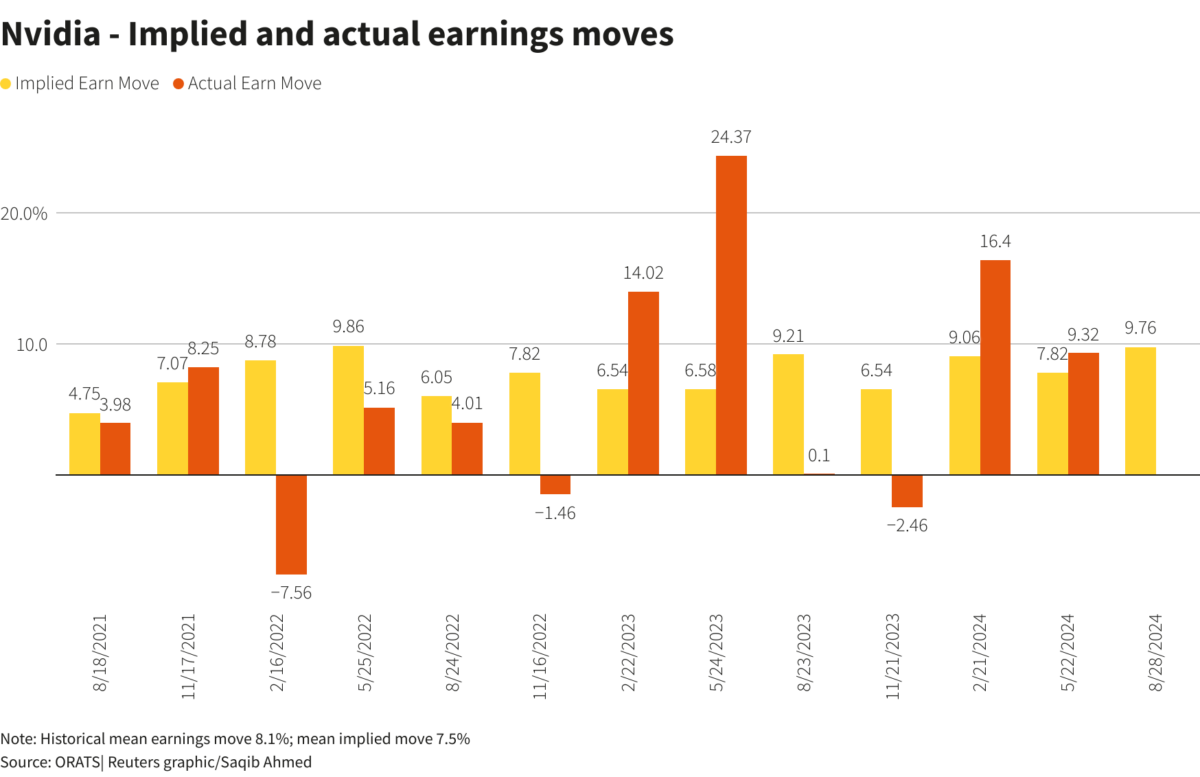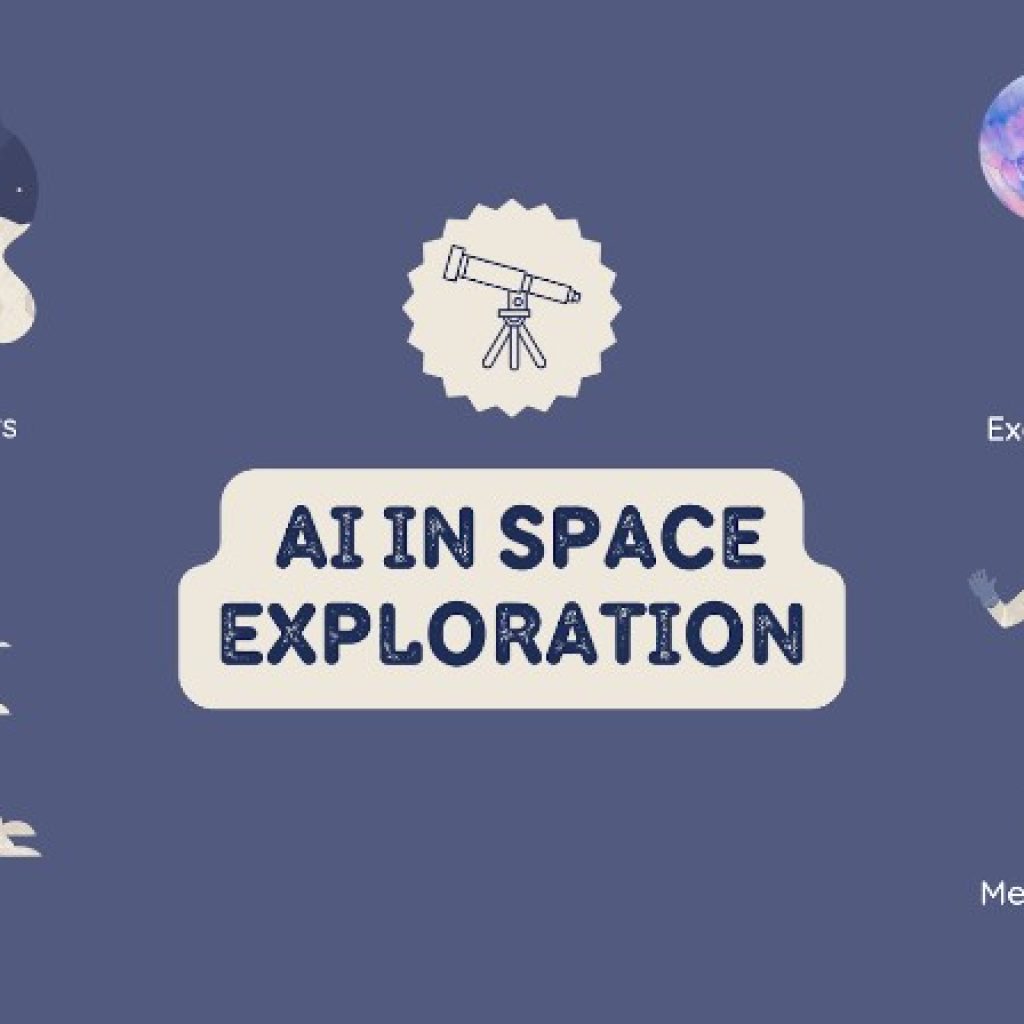Amid ongoing labor disputes in the entertainment industry, the Screen Actors Guild and American Federation of Television and Radio Artists (SAG-AFTRA) has set its sights on the video game sector, initiating a potential strike over issues related to wages and the unchecked use of artificial intelligence (AI). Following a unanimous decision, SAG-AFTRA is preparing to send a strike authorization vote to its members, impacting 10 prominent video game companies, including Activision, Electronic Arts, Epic Games, Insomniac, Take-Two, and WB Games. The battle lines are drawn, with the guild emphasizing the urgent need for addressing the concerns of its members, who fear job security and opportunities are at risk due to the increasing presence of AI in the industry.
Industry giants face strike threat
As the video game industry continues to grow exponentially, its parallels with the film and television sector become increasingly evident. The ongoing labor disputes in Hollywood, notably orchestrated by The Writer’s Guild of America (WGA) and SAG-AFTRA, have served as a catalyst for the guild’s decision to confront the video game industry. A unanimous vote has paved the way for a potential strike, setting the stage for a high-stakes bargaining session scheduled for September 26.
Among the companies facing potential strike action are industry giants such as Activision, Electronic Arts, Epic Games, Insomniac, Take-Two, and WB Games. SAG-AFTRA president Fran Drescher minced no words in expressing the guild’s concerns, stating that these companies have “failed” to address the needs of their members adequately. The impending vote, set for September 2, seeks member-approved strike authorization, signaling the guild’s resolve in standing against what it sees as employer greed and disrespect.
In reaction to the ongoing developments, Fran Drescher, the President of SAG-AFTRA, expressed her sentiments, noting the recurrent nature of their challenges. She stated that they once again find themselves at an impasse with the Interactive Video Game Agreement, highlighting issues of what she termed as “employer greed” and a perceived lack of respect for their members’ concerns. Drescher also underscored the impact of artificial intelligence on members’ job opportunities, reiterating SAG-AFTRA’s dedication to defending its members against what they perceive as oppressive conditions.
Demands and concerns over AI
The strike authorization vote is a response to a range of demands put forth by SAG-AFTRA. While there are several points of contention, two key issues have emerged as “sticking points” in negotiations. Number one is that the guild is pushing for an increase in wages that can keep pace with inflation. This demand reflects the growing concern among members that their compensation has not kept up with the industry’s rapid expansion.
The second point is that, perhaps more critically, SAG-AFTRA is seeking protections against the unregulated use of artificial intelligence in video game development. In particular, the Interactive Video Game Agreement demands AI safeguards for performance capture professionals, acknowledging the role AI now plays in creating lifelike character animations and facial expressions.
Also, the guild advocates for the same wage increases for video game performers as for those who work under the film and television contracts. This demand underscores the guild’s commitment to achieving parity in compensation across the entertainment industry, reflecting the belief that actors in video games deserve equal recognition and compensation for their work, especially in an era marked by the growing influence of AI.
The outcome of the upcoming vote will determine whether SAG-AFTRA union members within the video game industry will proceed with a strike. If they do, the industry could face significant disruptions, including potential game delays and recasting. Insomniac, in particular, could encounter a substantial challenge, as Spider-Man actor Yuri Lowenthal is not only an outspoken advocate against the unchecked use of AI but also a SAG-AFTRA member.
Can SAG-AFTRA and video game companies find common ground?
As the countdown to the September 2 vote begins, the hopes of both the guild and the video game companies rest on finding common ground and reaching an agreement that addresses the concerns of the industry’s actors and performers. In an increasingly AI-driven entertainment landscape, the role and rights of human actors remain at the forefront of this contentious battle for fair compensation and job security.





